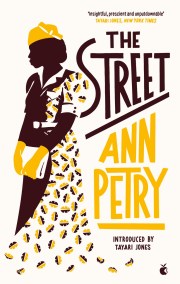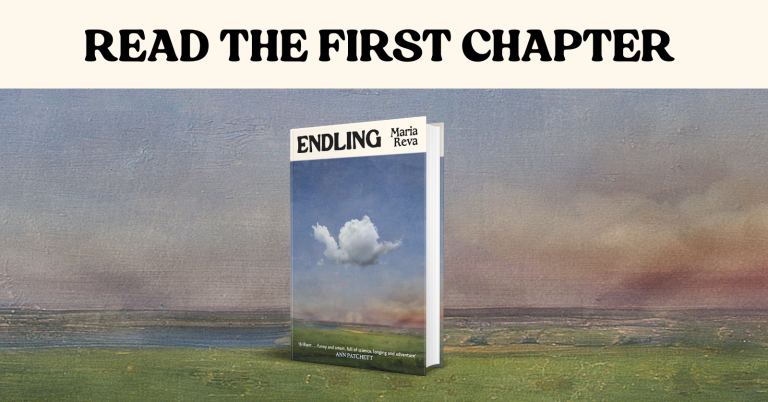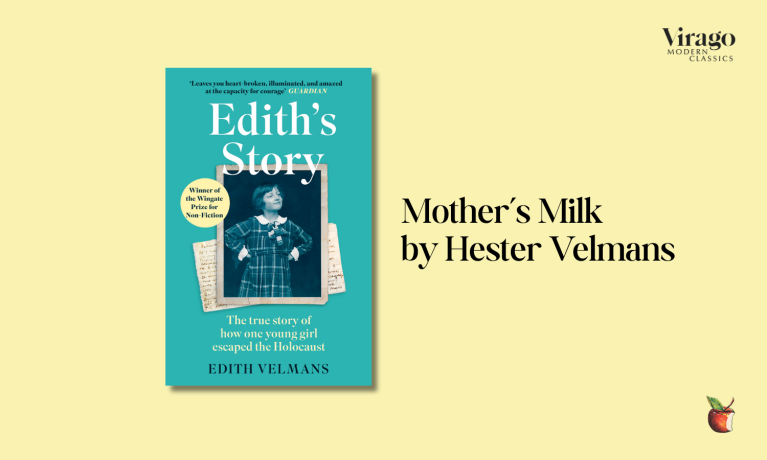Read and extract from The Street by Ann Petry
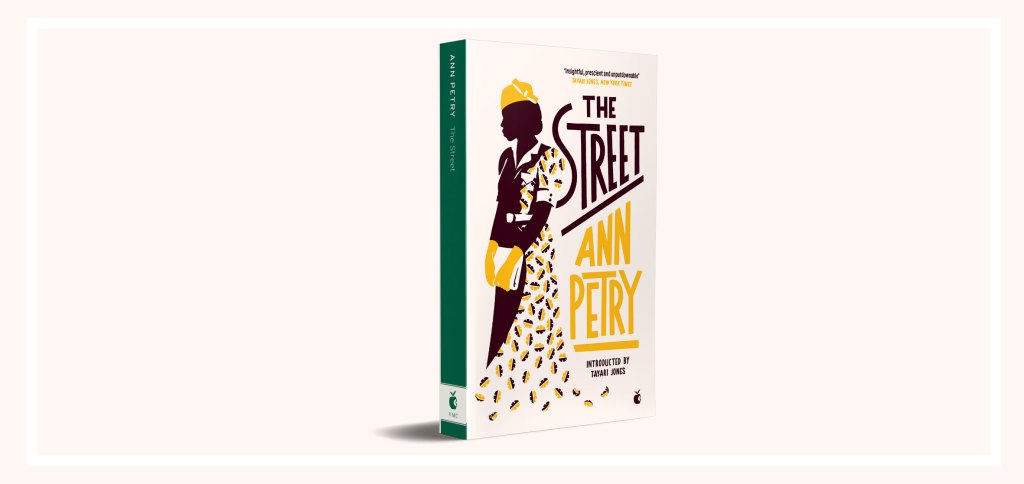
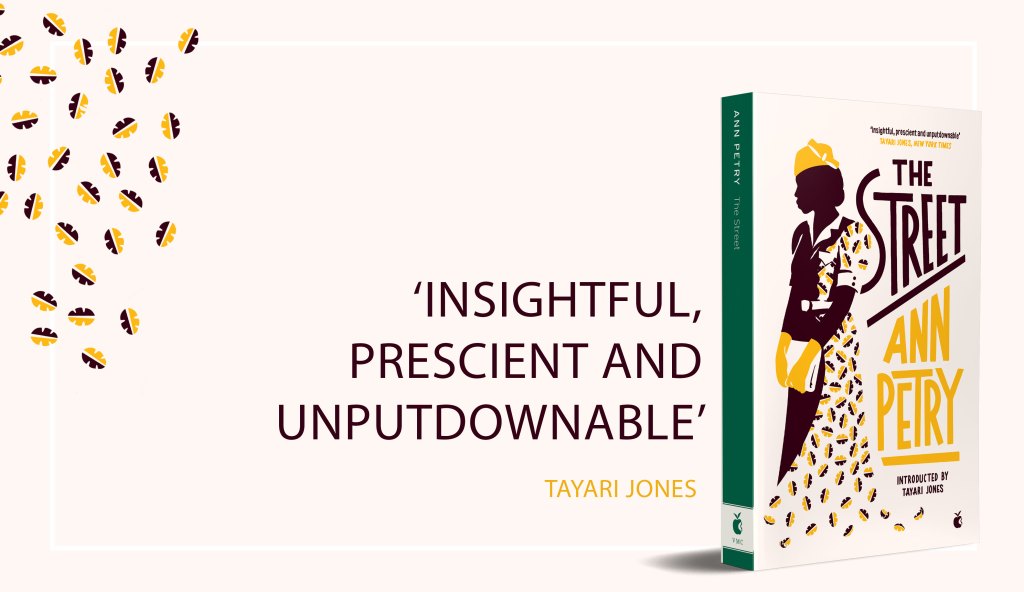
A gripping novel from 1946, The Street is prescient and powerful and as relevant today as it was when first published.
New York City, 1940s. In a crumbling tenement in Harlem, Lutie Johnson is determined to build a new life for herself and her eight-year-old boy, Bub – a life that she can be proud of. Having left her unreliable husband, Lutie believes that, with hard work and resolve, she can begin again; she has faith in the American dream. But in her struggle to earn money and raise her son amid the violence, poverty and racial dissonance of her surroundings, Lutie is soon trapped: she is a woman alone, ‘too good-looking to be decent’, with predators at every turn.
I
There was a cold November wind blowing through 116th Street. It rattled the tops of garbage cans, sucked window shades out through the top of opened windows and set them flapping back against the windows; and it drove most of the people off the street in the block between Seventh and Eighth Avenues except for a few hurried pedestrians who bent double in an effort to offer the least possible exposed surface to its violent assault.
It found every scrap of paper along the street – theater throwaways, announcements of dances and lodge meetings, the heavy waxed paper that loaves of bread had been wrapped in, the thinner waxed paper that had enclosed sandwiches, old envelopes, newspapers. Fingering its way along the curb, the wind set the bits of paper to dancing high in the air, so that a barrage of paper swirled into the faces of the people on the street. It even took time to rush into doorways and areaways and find chicken bones and pork-chop bones and pushed them along the curb.
It did everything it could to discourage the people walking along the street. It found all the dirt and dust and grime on the sidewalk and lifted it up so that the dirt got into their noses, making it difficult to breathe; the dust got into their eyes and blinded them; and the grit stung their skins. It wrapped newspaper around their feet entangling them until the people cursed deep in their throats, stamped their feet, kicked at the paper. The wind blew it back again and again until they were forced to stoop and dislodge the paper with their hands. And then the wind grabbed their hats, pried their scarves from around their necks, stuck its fingers inside their coat collars, blew their coats away from their bodies.
The wind lifted Lutie Johnson’s hair away from the back of her neck so that she felt suddenly naked and bald, for her hair had been resting softly and warmly against her skin. She shivered as the cold fingers of the wind touched the back of her neck, explored the sides of her head. It even blew her eyelashes away from her eyes so that her eyeballs were bathed in a rush of coldness and she had to blink in order to read the words on the sign swaying back and forth over her head.
Each time she thought she had the sign in focus, the wind pushed it away from her so that she wasn’t certain whether it said three rooms or two rooms. If it was three, why, she would go in and ask to see it, but if it said two – why, there wasn’t any point. Even with the wind twisting the sign away from her, she could see that it had been there for a long time because its original coat of white paint was streaked with rust where years of rain and snow had finally eaten the paint off down to the metal and the metal had slowly rusted, making a dark red stain like blood.
It was three rooms. The wind held it still for an instant in front of her and then swooped it away until it was standing at an impossible angle on the rod that suspended it from the building. She read it rapidly. Three rooms, steam heat, parquet floors, respectable tenants. Reasonable.
She looked at the outside of the building. Parquet floors here meant that the wood was so old and so discolored no amount of varnish or shellac would conceal the scars and the old scraped places, the years of dragging furniture across the floors, the hammer blows of time and children and drunks and dirty, slovenly women. Steam heat meant a rattling, clanging noise in radiators early in the morning and then a hissing that went on all day.
Respectable tenants in these houses where colored people were allowed to live included anyone who could pay the rent, so some of them would be drunk and loud- mouthed and quarrelsome; given to fits of depression when they would curse and cry violently, given to fits of equally violent elation. And, she thought, because the walls would be flimsy, why, the
good people, the bad people, the children, the dogs, and the godawful smells would all be wrapped up together in one big package – the package that was called respectable tenants.
The wind pried at the red skullcap on her head, and as though angered because it couldn’t tear it loose from its firm anchorage of bobby pins, the wind blew a great cloud of dust and ashes and bits of paper into her face, her eyes, her nose. It smacked against her cars as though it were giving her a final, exasperated blow as proof of its displeasure in not being able to make her move on.
Lutie braced her body against the wind’s attack determined to finish thinking about the apartment before she went in to look at it. Reasonable – now that could mean almost anything. On Eighth Avenue it meant tenements – ghastly places not fit for humans. On St Nicholas Avenue it meant high rents for small apartments; and on Seventh Avenue it meant great big apartments where you had to take in roomers in order to pay the rent. On this street it could mean almost anything.
She turned and faced the wind in order to estimate the street. The buildings were old with small slitlike windows, which meant the rooms were small and dark. In a street running in this direction there wouldn’t be any sunlight in the apartments. Not ever. It would be hot as hell in summer and cold in winter. ‘Reasonable’ here in this dark, crowded street ought to be about twenty- eight dollars, provided it was on a top floor.
The hallways here would be dark and narrow. Then she shrugged her shoulders, for getting an apartment where she and Bub would be alone was more important than dark hallways.
The thing that really mattered was getting away from Pop and his raddled women, and anything was better than that. Dark hallways, dirty stairs, even roaches on the walls. Anything. Anything. Anything.
Anything? Well, almost anything. So she turned toward the entrance of the building and as she turned, she heard someone clear his or her throat. It was so distinct – done as it was on two notes, the first one high and then the grunting expiration of breath on a lower note – that it came to her ears quite clearly under the sound of the wind rattling the garbage cans and slapping at the curtains. It was as though someone had said ‘hello,’ and she looked up at the window over her head.
There was a faint light somewhere in the room she was looking into and the enormous bulk of a woman was silhouetted against the light. She half- closed her eyes in order to
see better. The woman was very black, she had a bandanna knotted tightly around her head, and Lutie saw, with some surprise, that the window was open. She began to wonder how the woman could sit by an open window on a cold, windy night like this one. And she didn’t have on a coat, but a kind of loose- looking cotton dress – or at least it must be cotton, she thought, for it had a clumsy look – bulky and wrinkled.
‘Nice little place, dearie. Just ring the Super’s bell and he’ll show it to you.’
The woman’s voice was rich. Pleasant. Yet the longer Lutie looked at her, the less she liked her. It wasn’t that the woman had been sitting there all along staring at her, reading her thoughts, pushing her way into her very mind, for that was merely annoying. But it was understandable. She probably didn’t have anything else to do; perhaps she was sick and the only pleasure she got out of life was in watching what went on in the street outside her window. It wasn’t that. It was the woman’s eyes. They were as still and as malignant as the eyes of a snake. She could see them quite plainly – flat eyes that stared at her – wandering over her body, inspecting and appraising her from head to foot.
‘Just ring the Super’s bell, dearie,’ the woman repeated.
New York City, 1940s. In a crumbling tenement in Harlem, Lutie Johnson is determined to build a new life for herself and her eight-year-old boy, Bub - a life that she can be proud of. Having left her unreliable husband, Lutie believes that, with hard work and resolve, she can begin again; she has faith in the American dream. But in her struggle to earn money and raise her son amid the violence, poverty and racial dissonance of her surroundings, Lutie is soon trapped: she is a woman alone, 'too good-looking to be decent', with predators at every turn.

